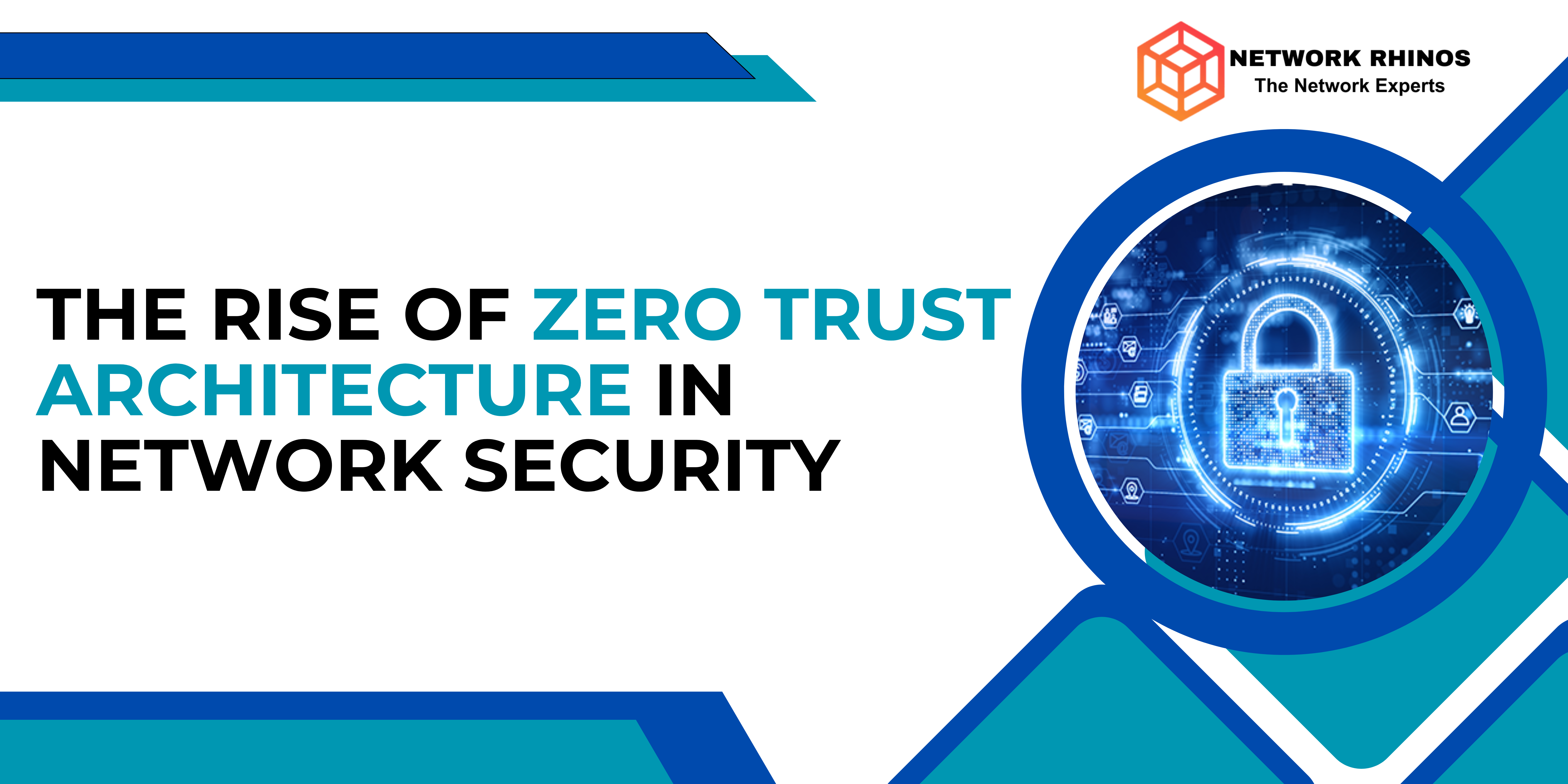Why Certified Ethical Hacking (CEHv12) Certification is so popular?
Introduction to Certified Ethical Hacking (CEH) Certification
A Certified Ethical Hacker (CEH) possesses comprehensive expertise in identifying and addressing vulnerabilities within target systems. Utilizing the techniques and tools commonly associated with malicious hacking, CEH professionals operate within legal and ethical boundaries to evaluate the security posture of their targets. Through this process, they aim to bolster the defenses of organizations against potential cyber threats.
The CEH certification serves as a validation of an individual’s proficiency in ethical hacking, emphasizing a vendor-neutral approach to network security. Certified Ethical Hackers employ sophisticated methods to uncover weaknesses in computer systems, subsequently implementing preventative and corrective measures to fortify defenses and mitigate risks of breaches.
Widely recognized as a prestigious credential within the cybersecurity domain, the CEH certification opens doors to a plethora of career opportunities. Job roles commonly associated with CEH-certified professionals include penetration tester, network security specialist, ethical hacker, consultant, website administrator, and auditor. Moreover, beyond corporate avenues, CEH certification facilitates entry into lucrative security positions within government IT sectors.
The significance of the CEH certification extends to its endorsement and utilization by esteemed institutions such as the National Security Agency (NSA), the Committee on National Security Systems (CNSS), and the Department of Defense (DoD). These entities rely on CEH certification as a benchmark for assessing and clearing personnel and contractors entrusted with privileged access to sensitive information, underscoring its paramount importance in safeguarding critical assets and infrastructure.
Fundamental Purposes of CEH Credential
- Establish and uphold minimum standards for certifying professional information security specialists proficient in ethical hacking practices.
- Provide assurance to the public that individuals holding the CEH v12 certification meet or exceed these minimum standards.
- Promote ethical hacking as a distinct and self-regulated profession.
- Address prevalent challenges within the realm of information security.
- Familiarize individuals with various hacking terminologies.
- Instill understanding of fundamental elements of information security.
- Emphasize the interplay between security, functionality, and usability.
- Educate on different types of hacker attacks.
- Define hacktivism and categorize hackers accordingly.
- Clarify the role of an ethical hacker and outline pathways to becoming one.
- Outline the typical profile of an ethical hacker.
- Introduce vulnerability research and enumerate various tools used in this domain.
- Describe methodologies for conducting ethical hacking.
- Explain the diverse approaches an ethical hacker employs to test target networks.
Proficiency Areas Evaluated in the CEH Exam
- Comprehensive understanding of networking, telecommunications, web, and computer systems.
- Familiarity with security protocols across popular operating environments such as Linux, Windows, and Mac OS.
- Ability to ethically penetrate an organization’s network/systems to identify weaknesses and vulnerabilities.
- Proficiency in implementing preventive, corrective, and protective measures to enhance system security.
- Capability to identify and counter various password-related attacks.
- Knowledge of ethical hacking terminology, methodologies, and phases.
- Competence in covering digital tracks and erasing evidence of intrusions.
- Understanding of cryptography, encryption techniques, and key infrastructure.
- Adherence to a professional code of ethics governing hacking activities.
- Awareness of common cyber attacks like social engineering, phishing, SQL injections, fraud, URL obfuscation, trojans, dumpster diving, insider attacks, and corresponding evasion techniques and countermeasures.
Certified Ethical Hacker (CEH) Salary Insights
The average annual salary for Certified Ethical Hackers (CEH) stands at $81,331, ranging from $30,760 to $111,502, inclusive of potential bonuses ranging from $0.00 to $17,500. This translates to a total potential compensation ranging from approximately $24,760 to $132,322.
Geographically, the United States Department of Labor notes that New York City offers the highest average salary for CEH professionals, at $117,900, followed closely by California, Massachusetts, and Washington DC.
According to an IT Salary Report jointly conducted by Global Knowledge and TechRepublic, which surveyed over 9,500 IT professionals, CEH professionals occupy a higher tier in terms of compensation. Comparable professions within the IT industry include Database Administration ($92,338), Application Programming ($90,643), Data Center Administration ($90,261), System Analysis ($85,234), Servers and Storage ($83,284), Web Development ($81,405), and Networking ($75,666).
Moreover, the IT Skills and Salary Survey conducted by Global Knowledge and Penton in 2014 ranks CEH among the top 15 highest-paying certifications, securing the 9th position.
While the average remuneration for an ethical hacker is $71,331, this figure varies based on factors such as experience and geographic location. Common job titles that utilize the skill set of ethical hackers include Security Engineer, Application Security Manager, Penetration Tester, IT Security Admin, Information Security Consultant, Security Compliance Engineer, and Network Security Analyst.
Reports and trends suggest a projected increase in CEH salaries due to escalating cyber threats, necessitating the expertise of penetration testers to counter evolving tactics and safeguard organizational networks.
Certified Ethical Hacking CEH v12 Global Certification Exam Details
Exam Title: CEH v12
Exam Prefix: 312-50 (ECC EXAM), 312-50 (VUE)
Number of Questions: 125
Duration: 4 Hours
Test Delivery: ECC EXAM, VUE
Test Format: Interactive Multiple Choice Questions
For those aspiring to forge a career in cybersecurity, Network Rhinos offers comprehensive guidance and support.
Conclusion
When embarking on your professional development journey, selecting an institute with a commitment to real-time training sessions is paramount. Your certifications and practical experience serve as the cornerstone for securing higher positions and competitive salaries in the future. At Network Rhinos, with branches in Chennai and Bangalore, we pride ourselves on our affiliation as a prominent Ec Council Partner. Our trainers adhere to globally recognized syllabi, ensuring the highest standard of education.
Moreover, our institutes feature state-of-the-art facilities for conducting the CEH exam, overseen by industry experts endorsed by EC Council. With our deep industry knowledge, cutting-edge educational processes, and established delivery capabilities, we empower organizations to maximize their learning investments and drive business performance.
As the premier training institute and Certification Exam Center for Certified Ethical Hacker (CEH) in Chennai and Bangalore, Network Rhinos is dedicated to nurturing professional growth and excellence in the cybersecurity domain.





